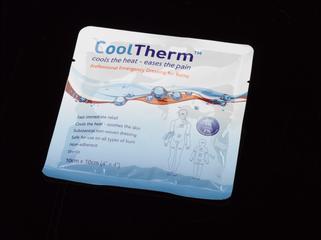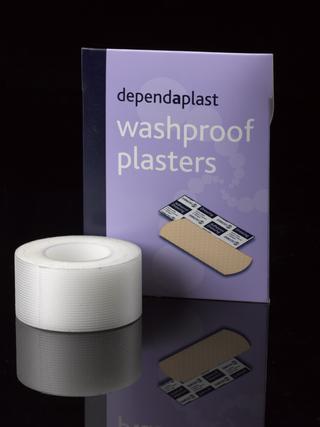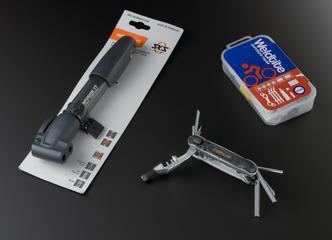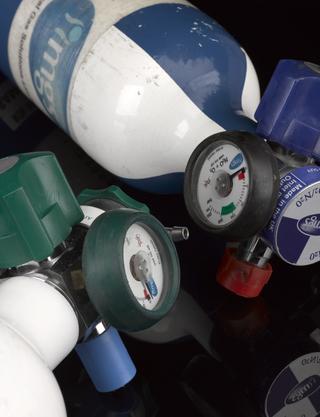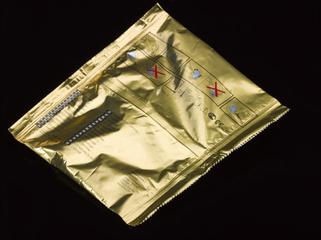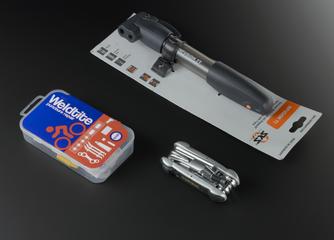
Colt's stretcher for narrow trenches
- Made:
- 1915-1918 in Great Britain and United Kingdom






Colt's stretcher for narrow trenches, first World War, British, 1915-1918
Information with the stretcher notes: "Experimental model of jointed pole trench stretcher (The Lancet Jan.1916). Designed primarily for the immediate & safe evacuation of the wounded man in the Fowler position along narrow (less than 28in. wide) trenches, having right-angled traverses, by slightly deforming the pole of the stretcher. Unhasp & spread canvas in dry place. Lay patient on it with knee piece under knees. Bearers holding pole face each other, stoop down, hasp up canvas & lift. Third man fastens body & knee straps & steadies while front bearer turns round into yoke. Bearers break step to avoid swinging patient & move slowly. Rest is obtained by swinging patient onto a ledge, by crutched poles place on intervals or by assistance and rotation of bearers. The strain is not great. Add Gooch splinting for fractured femur or if Thomas's splint is used sling the foot end near the arm pit of the back bearer, in which position it does not interfere with movement round corners. Keep central bolt tight & the warm gear & thrust bearing well oiled.
Details
- Category:
- Emergency Medicine
- Collection:
- Sir Henry Wellcome's Museum Collection
- Object Number:
- A630689
- Measurements:
-
overall: 100 mm x 1850 mm x 370 mm, 22 kg
- type:
- stretcher
- credit:
- Colt, George Herbert
